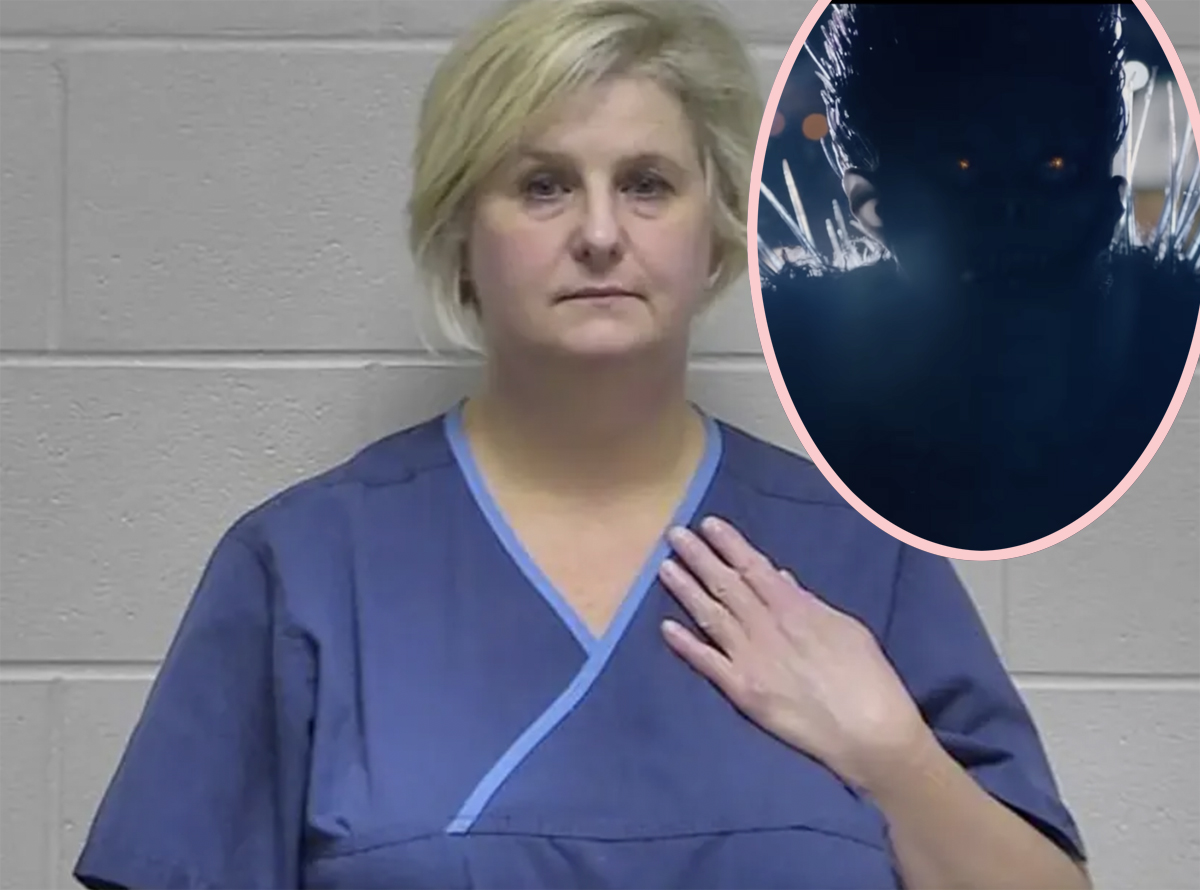I don’t remember where I first saw Eternal Sunshine of the Spotless Mind. That’s odd; I can usually rattle off exactly where and how I saw my favorite movies. I watched Citizen Kane in the family room of my parents’ old house on a pan-and-scanned VHS tape I rented from Blockbuster Video. I fell in love with Jacques Tati’s Playtime when I saw it projected in a beautiful 70mm print at the Film Society of Lincoln Center. I encountered No Country for Old Men for the first time in one of the smaller theaters tucked into a corner of the Palais in Cannes.
While I don’t like it as much as Eternal Sunshine, I can even recall the first time I saw screenwriter Charlie Kaufman’s feature debut Being John Malkovich — at the old Loews Freehold 6 in New Jersey. Once the top theater in the area where I grew up, by 1999, the Freehold 6 had become a second-run theater on the verge of permanent closure. That place was almost literally falling apart; some of the seats were ripped apart and the ceiling was missing tiles. The staff was so checked out that the first few minutes of Being John Malkovich were projected onto the ceiling until we went out in the lobby and complained.
And yet I don’t remember where I first saw Eternal Sunshine. It came out 20 years ago this spring, when I was living and going to school in New York City. I almost certainly saw it in a Manhattan theater. If I had to, I’d guess it was the Angelika Film Center on Houston. But wherever I saw it, the memory of that screening has been lost to the void, as happens to so many memories naturally over time. In a way, that made me appreciate the film even more than I did in 2004. Part of what is so powerful about Eternal Sunshine of the Spotless Mind is that it uses a sci-fi premise to consider the implications of natural memory loss, and to allow a character to recognize that implacable loss as it is happening.
READ MORE: The Greatest Films of All Time
That character is Joel, played by Jim Carrey. After an opening sequence that seems like a stereotypical movie meet cute in Montauk, Long Island between Joel and Clementine (Kate Winslet), the movie flashes back (although on first viewing, we assume it flashes forward) to Joel’s discovery that his now-ex-girlfriend Clementine used a medical procedure offered by a sketchy company called Lacuna to erase her memory of their relationship. Devastated, Joel decides to undergo the procedure himself.
Much of the rest of the movie follows Joel as he wanders through his own mind and witnesses his relationship with Clementine get systematically erased in reverse, starting with their painful breakup and then winding back through happier times until he arrives at his first meeting with Clementine during a previous chance encounter in Montauk.
Meanwhile, the Lacuna employees erasing Joel’s memories get storylines of their own. These characters and their comical relationship woes keep Eternal Sunshine from becoming too depressing or repetitive, while offering counterpoints to Joel and Clementine’s history. Technician Stan (Mark Ruffalo) and receptionist Mary (Kirsten Dunst) smoke pot and hook up next to Joel’s unconscious body while their Lacuna machine scrubs his mind. Another young employee named Stan (Elijah Wood) sneaks off his to spend time with his new girlfriend — who happens to be Clementine. Stan has used lines cribbed from notes and cards that Joel handed over to Lacuna as part of the prep for the mind-erasing procedure to win her heart.
Joel’s mental projection inside his mind soon regrets his decision to erase Clementine. So he tries to fight it. He grabs a memory of Clementine and hides her in recollections from before they met. (Some involve Joel as a kid or even a baby, which gives us the uncanny sight of a tiny Jim Carrey getting bathed in a kitchen sink.) Joel causes enough literal headaches for the Lacuna staff that they have to call in the company’s big boss Howard (Tom Wilkinson) to get things back on track. (Gradually we learn Howard may be messing with his own employees heads without their realizing it.)
Joel’s efforts delay the procedure but they don’t stop it. That is one of the things that makes Eternal Sunshine of the Spotless Mind so poignant; Joel’s struggle is a compressed version of each person’s losing battle against time. Eventually, all memories fade. None of us has had Mark Ruffalo erase a relationship from our brain; everyone has bumped into someone they knew in grade school or summer camp and been unable to summon their name. A few hours before I watched Eternal Sunshine at Ebertfest last weekend, I bumped into someone and said “Nice to meet you” — only for them to reply “Oh we met at a festival, probably around seven or eight years ago.” I had absolutely no memory of that. It was awkward.
Joel does save a subliminal shred of Clementine whispering “Meet me in Montauk” from Lacuna’s mental erasure. The morning after his frontal lobe gets scrubbed, Joel impulsively calls out sick to work and hops the Long Island Railroad out to the Hamptons. Somehow, Clementine is there too, and they hit it off again. (This is the same scene that opens the movie, played a second time.)
Screenwriter Charlie Kaufman obviously intended these scenes as a wry commentary about the way those who refuse to learn from history (or, in this case, try to intentionally forget) are doomed to repeat it. But Eternal Sunshine invites a more macro (and perhaps more hopeful) reading. Despite Lacuna’s best efforts, Joel and Clementine take the train to Montauk on the same day at the same time, something that feels bigger than a coincidence. While science tries pulls them apart, something larger than science refuses to let that happen. You might even call it fate.
Or maybe it’s just director Michel Gondry. In his breakthrough film, Gondry manages to balance the very mundane world of Joel and Clementine’s relationship — their arguments over nothing, their irritation at each other’s personality quirks — with the futuristic technology of Lacuna and the dreamlike world of Joel’s deteriorating memories. Eternal Sunshine contains some truly impressive visuals, like a Montauk beach house falling into the sea. While the images are surreal, Gondry’s practical approach to effects (they really built part of the house on the beach and then waited for the tide to rise and wash through it) makes these moments seem unreal and tactile all at once. That’s a very difficult combination to pull off, and a very accurate one, at least in my experience, to the way dreams feel while you’re asleep.
Eternal Sunshine would make a great double feature with Inside Out, another funny, entertaining crowdpleaser that is also a deeply melancholy consideration of how our brains evolve and change over time (RIP Bing Bong). Both films also make an insistent plea for the importance of unhappiness in our lives. They suggest ignoring sadness does not make you happy; it actually dampens all your other emotions and keeps you from feeling anything. Only by opening yourself up to the possibility of hurt, as Joel and Clementine do in Eternal Sunshine’s opening and closing scenes, can you also feel true love and joy.
That message made Eternal Sunshine a perfect film to show at Ebertfest in 2024, as the festival founded by the late film critic Roger Ebert celebrated 25 years of existence — and an uncertain future. In her introduction to the fest’s closing night selection, Ebertfest co-founder and producer Chaz Ebert revealed that it is not entirely certain if there will be an Ebertfest in 2025. The festival’s future is up in the air.
I hope that Ebertfest continues; it remains one of the great places to see classic films on the big screen in this country. For four days, hundreds of people come to the Virginia Theatre in Ebert’s hometown of Champaign, Illinois to watch old films on a massive screen. Last weekend, in addition to Eternal Sunshine, I also Andrew Davis’ Stony Island, Robert Altman’s Cookie’s Fortune, Milos Forman’s Man on the Moon, and a restoration of the early Alfred Hitchcock silent film Blackmail with live music by the Anvil Orchestra.
I attended Ebertfest twice before; once when Roger was still alive, and once right after his passing, when the program, the final one programmed by Ebert himself, was full of movies about mortality and death. Chaz Ebert and her team have done a terrific job continuing Ebertfest’s mission and high level of quality without its namesake. It was just as fun to come to the fest in 2024 as it was in 2011.
I recognize that 25 years is a pretty good run for any film festival — especially one whose original founder and central figure passed away more than a decade ago. If this was the final Ebertfest, then I will hold on to the memories I made there for as long as I can. But I know they will not last forever.



























































![Mason Ramsey – Twang [Official Music Video] Mason Ramsey – Twang [Official Music Video]](https://i.ytimg.com/vi/xwe8F_AhLY0/maxresdefault.jpg)
















